 Here at the Morongo Casino, Resort and Spa many dedicated Natives are still sitting in their last training session of the day. Eager, I'm sure, to take a break and relax and cogitate over all they've heard and learned today. My day was a mix of attending sessions, running errands, taking photos, and basically running around. I took a break in the middle of the afternoon to write a few postcards (yes, Geo, there is one in the mail to you =). Otherwise, it's been another sun-soaked day here in the land of the Morongos.
Here at the Morongo Casino, Resort and Spa many dedicated Natives are still sitting in their last training session of the day. Eager, I'm sure, to take a break and relax and cogitate over all they've heard and learned today. My day was a mix of attending sessions, running errands, taking photos, and basically running around. I took a break in the middle of the afternoon to write a few postcards (yes, Geo, there is one in the mail to you =). Otherwise, it's been another sun-soaked day here in the land of the Morongos.The Morongo Casino is situated between Palm Springs and Banning, California on Interstate 10. You can't miss it - it is the only structure over a story or two along the freeway - it stands over 20 stories high with a glaring neon sign in front of the spot. It is one of the most successful casinos operated by a Native nation in the country, and they are certainly treating INDN's List and Campaign Campers well. The food has been plentiful and delicious, the accommodations luxurious, and the atmosphere welcoming. Tonight after a lovely dinner we heard from the Chairman of the Morongo Nation, Robert Martin, who spoke eloquently about the obstacles that Native people have had to struggle to overcome. Here are just a few of the facts that Chairman Martin recounted to an appreciative audience this evening:
1870: 15th Amendment extended the vote to African-Americans. The 15th Amendment did not apply to Native-Americans because they were not considered citizens.
1924: Native-American citizenship. On June 2, 1924, Congress enacted the Indian Citizenship Act, which granted citizenship to all Native Americans born in the U.S. The right to vote, however, was governed by state law; until 1957, some states barred Native Americans from voting.
1924: Native-American citizenship. On June 2, 1924, Congress enacted the Indian Citizenship Act, which granted citizenship to all Native Americans born in the U.S. The right to vote, however, was governed by state law; until 1957, some states barred Native Americans from voting.
1948: State laws denying the vote to Native-Americans are overturned. In one of the post-war period's few successful legal challenges, the Federal courts overturned the last state laws (Maine, Arizona, New Mexico) that explicitly prevented Indians from voting. Violence, economic retaliation, and different kinds of legal tricks continued to be used to prevent Native-Americans from voting.
This morning during our opening session a Swinomish woman from Washington state stood up and introduced herself. In the process of telling us about her interest in politics her eyes welled up as she recounted her grandmother telling her that when she finally got the right to vote it was so precious to her that she passed this esteemed value of her new found right onto her granddaughter and that was an important reason why this Swinomish woman was at Campaign Camp today. I think that everyone in the room felt a profound sense of why we are all here and why it is so important to support and promote a strong Native voice in the political arena.
Tomorrow will come up with the sun - let us all make the most of the day that arrives.

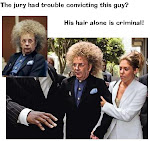
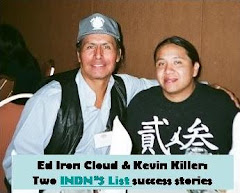
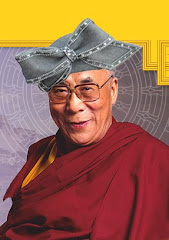



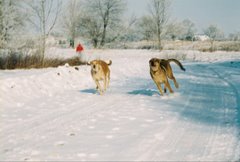
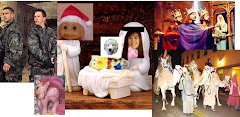

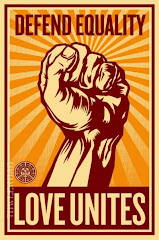
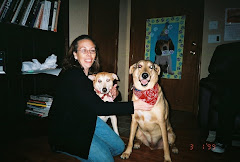
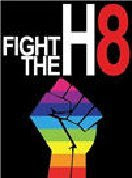
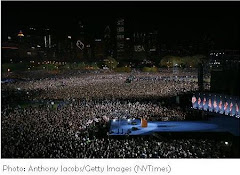
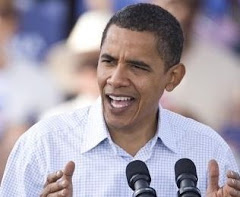


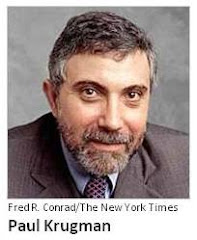













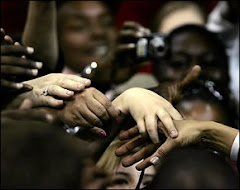







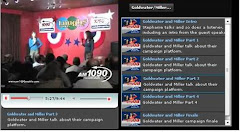




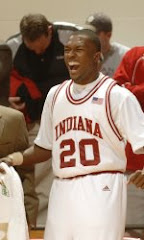










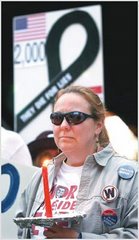



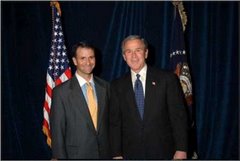





No comments:
Post a Comment